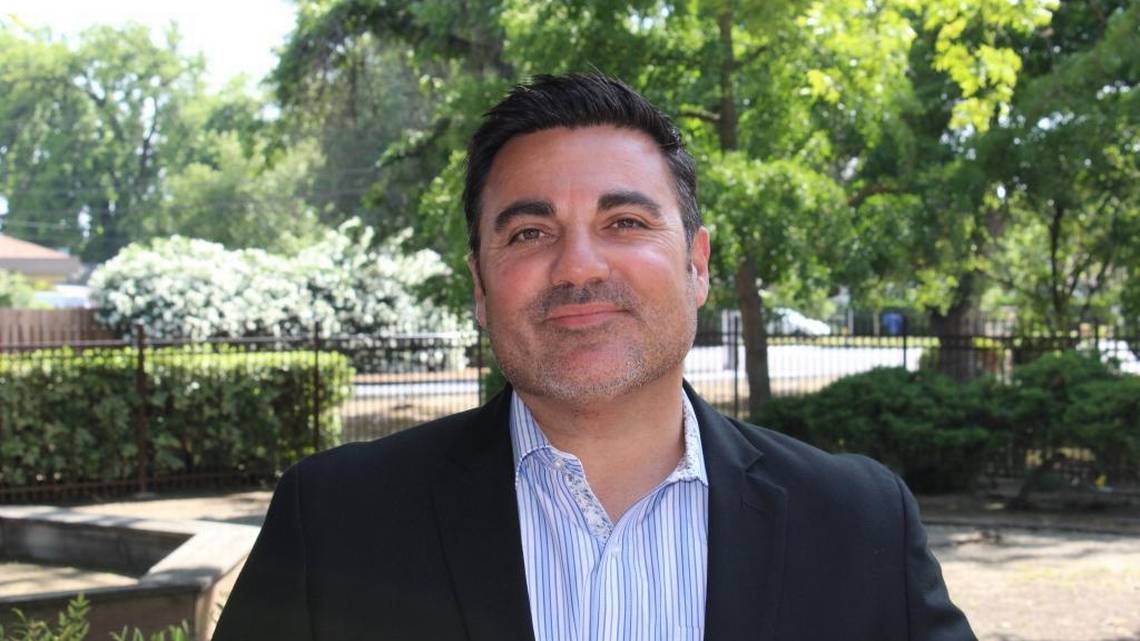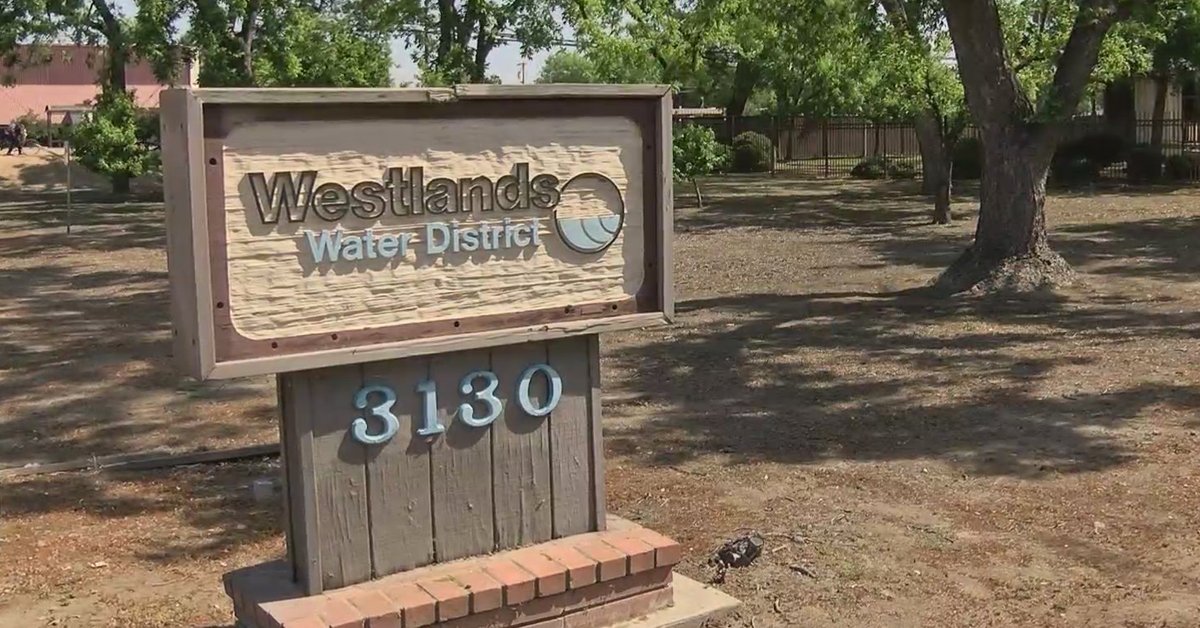Environmental groups are adding a new front to ongoing legal battles with the Federal government over its moves to stabilize and increase water deliveries to the San Joaquin Valley and Southern California.
Wednesday, three groups – the Center for Biological Diversity, Restore the Delta, and Planning and Conservation League – filed a Federal suit contesting the U.S. Bureau of Reclamation’s moves to convert water service contracts to permanent repayment contracts for Central Valley Project users.
The suit was filed in the U.S. District Court for the Eastern District of California.
Dozens of Central Valley Project water users – including the California Department of Fish and Wildlife – have initiated the process of converting their water contracts a conversion.
The mechanism of converting water contracts was a key element of the Water Infrastructure Improvements for the Nation (WIIN) Act, a law approved in the waning days of the Obama administration that also set into motion new environmental guidelines governing water pumping from the Sacramento-San Joaquin Delta.
Under water service agreements, water users pay a single fee per acre-foot of water used to repay the Federal government for construction costs associated with the Central Valley Project along with its costs for maintaining and operating the project.
By converting to permanent repayment contracts, under the WIIN Act, water users prepay construction costs owed to the Federal government.
For the Central Valley Project’s single largest water user, Westlands Water District, the prepayment cost is estimated in the neighborhood of $320.5 million.
The suit itself centers on whether the Bureau of Reclamation and Department of Interior are required to complete environmental impact studies for the contract conversions under the National Environmental Policy Act, the Federal government’s marquee environmental law.
The issue was raised in another lawsuit waged against the Interior Department and Westlands Water District by the North Coast Rivers Alliance.
In that suit, the Department of Interior contended that the conversion of water contracts from service contracts to repayment contracts did not require the time-consuming process of preparing an environmental impact statement under the law because the conversion was a so-called “non-discretionary act.”
The particular section governing contract conversions, attorneys for the Interior Department wrote “directs the Secretary of the Interior, upon the request of a contractor, to convert that contract to a repayment contract under specified terms.”
If the Secretary of the Interior had the ability to refuse a contract conversion request under the 2016 law, the agency argues, it would be a discretionary decision warranting environmental review under NEPA.
In a November court order, U.S. District Court Judge Lawrence O’Neill noted the agency’s claim and did not dispute nor challenge it.
But in the new suit, environmental groups wage two new arguments – first, that the sheer number of Central Valley Project contracts being converted under the WIIN Act warrants additional environmental review and second, that because the Interior Department has the ability to negotiate the terms of the contract, it has sufficient discretion to require an environmental impact study.
However, Westlands Water District chief Tom Birmingham – in conversation with The Sun – said that the new contracts for his district and others being converted are virtually identical.
In November, he noted the contract language also mirrored those provided to Friant division water contractors following the approval of the San Joaquin River Restoration Settlement Act of 2009.
In a release announcing the suit, the environmental groups take specific aim at Westlands Water District and its former ties to Interior Secretary David Bernhardt, who once served as legal counsel for the water agency.
The groups derided the law’s contract conversion mechanism as a “sweetheart deal.”
“Career Reclamation staff negotiated each of these contract conversions through a public process consistent with clear congressional directives contained in the Water Infrastructure Improvements for the Nation (WIIN) Act, which was signed into law by President Obama in 2016,” a Reclamation spokeswoman told The Sun.
Despite the castigating, Westlands, it should be noted, is not a party to this lawsuit.
Separately, the environmental groups erroneously claimed that Bernhardt was responsible for announcing Westlands’ contract conversion in February.
The first set of contract conversions – most of which first began development in 2018 – were announced in late February by Ernest Conant, the region director for the U.S. Bureau of Reclamation.
“The non-government organizations simply do not like the law passed in 2016 and signed by President Obama,” Westlands’ Birmingham said.
“The parties involved in this lawsuit opposed the enactment of the [WIIN] Act in 2016 and, notwithstanding their opposition, Congress passed it. And President Obama signed it.”










